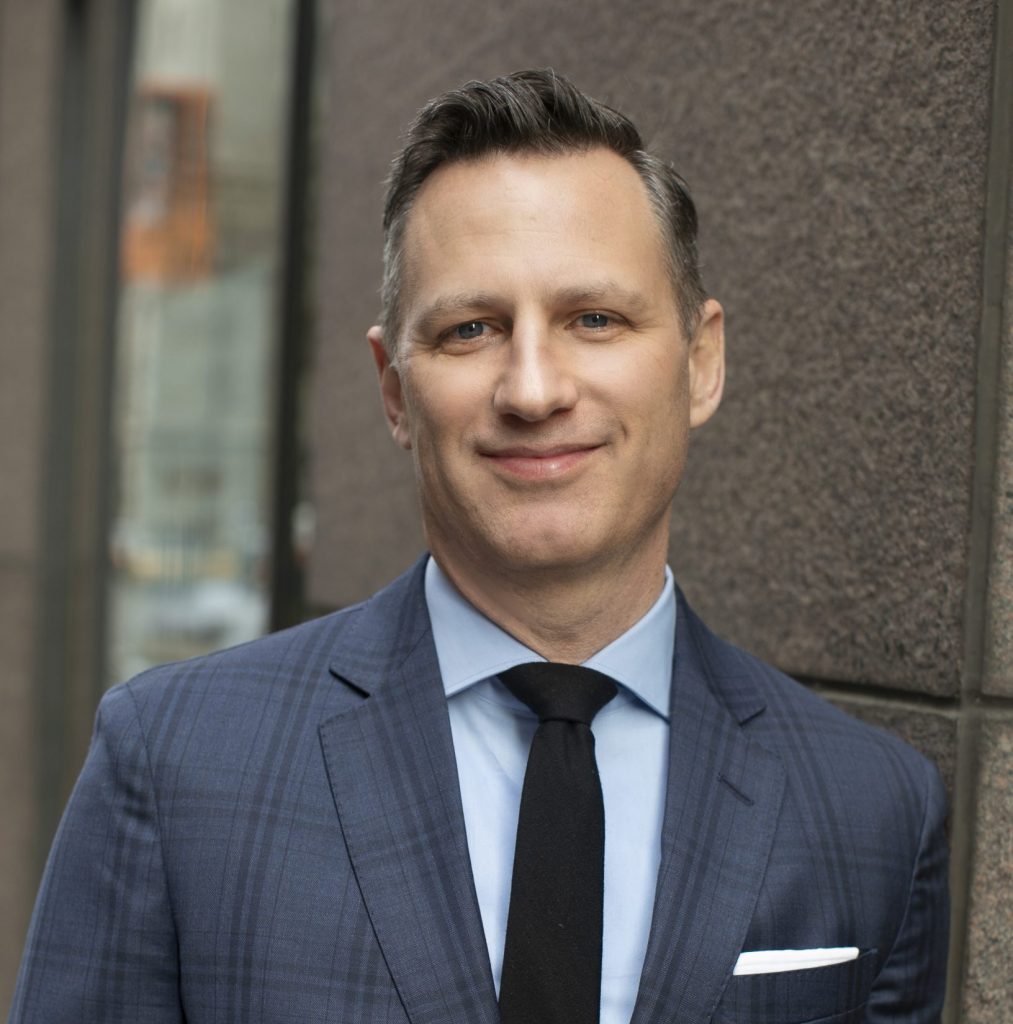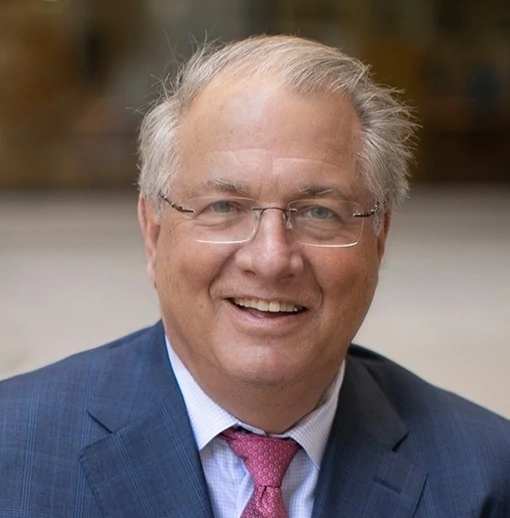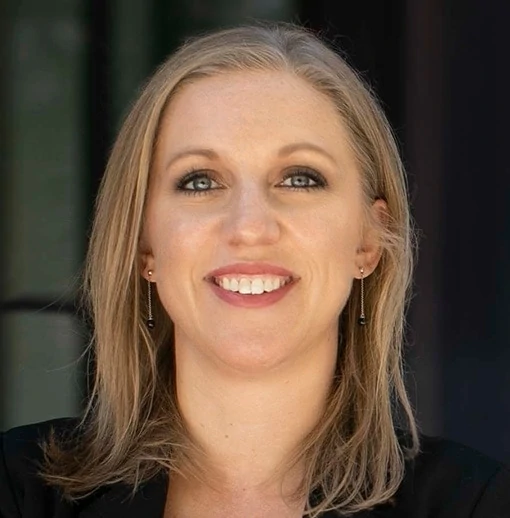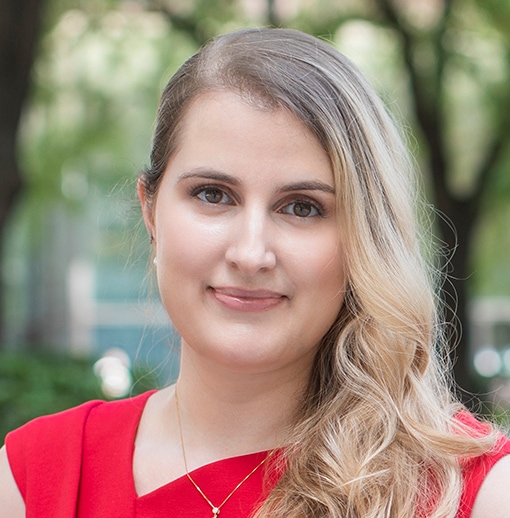HSPRD represents leading universities, medical centers, local and global businesses, law firms and individual foreign nationals in the full scope of U.S. immigration and nationality law. We help clients navigate complex visa regulations, defend against workplace investigations and obtain lawful permanent resident (LPR) status. Our attorneys work with clients from throughout the world. We have represented clients in all 50 states and Puerto Rico.
In recent years, the number of employers facing government audits, investigations and worksite enforcement actions has increased dramatically. HSPRD has extensive experience assisting companies in both handling the consequences of adverse government actions and minimizing future risks. Our attorneys counsel clients facing civil fines, criminal prosecution and costly workforce disruptions. We protect organizations by helping develop corporate immigration policies that streamline compliance procedures and proactively minimize risk.
In a time of increasing uncertainty for immigrants and their employers, we are dedicated to helping our clients navigate a daunting and multifaceted area of law. Our attorneys are skilled litigators in federal court and administrative appellate hearings. We have represented clients before the U.S. Department of Homeland Security, the Executive Office for Immigration Review, the U.S. Department of State, the U.S. Department of Labor and at U.S. consular posts around the world.
HSPRD has expertise representing entrepreneurs, investors, scientists, researchers and businesses of all sizes in securing visas that allow foreign nationals to work in the U.S. on a temporary basis. Our clients include chefs, artists, athletes, professors, researchers, consulting firms, multinational corporations and tech start-ups. Our firm also regularly works with the complex issues facing universities, international faculty, and students in the United States. This includes advising on travel ban issues, employment both during and after studies, identifying appropriate nonimmigrant and immigrant visa options for faculty, researchers, and professional staff, new policies affecting the issuance of visas to international students and exchange visitors, and preparing for life after graduation. Our goal is to take the guesswork and anxiety out of the immigration process. For further information, please complete the contact us form.
The most common methods of obtaining nonimmigrant visa status include:
- H-1B and H-1B1 Specialty Occupations: This work visa allows U.S. employers to bring highly skilled individuals such as accountants, engineers, software developers and doctors to the U.S. to work. The H-1B1 is a variant of the H-1B for nationals of Singapore and Chile.
- L-1 Intracompany Transferees: This process allows the transfer of certain executives, multinational managers and employees having “specialized knowledge” from overseas to a related company in the U.S.
- E-1/E-2 Treaty Investor/Treaty Traders: Individuals from treaty countries may be admitted to the U.S. when a company or individual will either be engaged in substantial trade with the U.S. or investing in U.S. businesses.
- TN Professionals for Citizens of Canada and Mexico: The North American Free Trade Agreement (NAFTA) created the TN classification, which permits qualified Mexican and Canadian citizens to engage in business activities in the U.S. at a professional level. TN status is available only to individuals coming to work in one of 63 occupations listed in NAFTA schedules. These include engineers, teachers, physicians and registered nurses.
- F-1 Students: F-1 Students may be permitted to work in the U.S. during their course of study or after their program ends. Two types of training are available to F-1 students: curricular practical training (CPT) and optional practical training (OPT).
- J-1 Exchange Visitors and Waivers: The J-1 visa category is for individuals who are approved to participate in certain work- and study-based exchange visitor programs. The visa is commonly used by research scholars, international students and professors participating in cultural exchange programs, particularly those involving medical or business training in the U.S.
- E-3 Employment Authorization for Australians: E-3 visas are for Australians who enter the U.S. on a temporary basis to perform services in a “specialty occupation.” Spouses may work in the United States without restriction.
- O-1 Extraordinary Ability Aliens including Scientists, Researchers, Business Persons, Musicians, Fine Artists and Athletes: O-1 status is for people who have extraordinary ability in the sciences, arts, education, business or athletics, or who have a record of extraordinary achievement in the motion picture or television industry and have been recognized nationally for those achievements.
- P-1, P-2 and P-3 Internationally recognized athletes, artists and entertainers: P-1 status is for individuals coming to the U.S. temporarily to perform at a specific athletic competition either individually or as part of a team at an internationally recognized level of performance.
- R-1 Religious Workers: An individual coming to the U.S. to be employed temporarily in a religious vocation or occupation by certain organizations may qualify for R-1 status.
- H-2A Temporary Agricultural Workers: An individual coming to the U.S. to fill temporary agricultural jobs might qualify as an H-2A agricultural worker.
- H-2B Temporary Nonagricultural Workers: The H-2B program allows qualified U.S. employers or U.S. agents to bring foreign nationals to the U.S. to fill temporary nonagricultural jobs.
HSPRD also has extensive experience guiding employers and employees through the permanent resident process. The most common methods of obtaining permanent residence in the U.S. include:
- Extraordinary Ability Aliens – Foreign Nationals who can demonstrate that they have received national or international acclaim for their outstanding achievements in the arts, sciences, education, business or athletics may skip the PERM process to qualify for lawful permanent residence as aliens of extraordinary ability under the first employment-based preference (“EB-1”) and do not require employer sponsorship when seeking this classification.
- Multinational Managers and Executives – Multinational employers can often skip the PERM process when petitioning for lawful permanent residence to be granted under the first Employment Based Preference (“EB-1”) to foreign national, executives and managers who have been transferred to the United States.
- Outstanding Professors and Researchers – University and employers with research facilities may be eligible to skip the labor certification process when applying for permanent residence under the second employment-based preference (“EB-2”) for professors and researchers who are internationally recognized for their outstanding achievements.
-
-
- National Interest Waiver Petitions – Foreign nationals who are members of the professions holding advanced degrees or individuals with exceptional ability in the arts, sciences or business who would like to become permanent residents of the U.S. may be able to skip the labor certification process if they can demonstrate
-
- Special Immigrant Religious Workers – Religious institutions may be able to skip the PERM process when seeking lawful permanent residence for foreign nationals who are ministers or serve in other religious vocations and occupations so that they perform their religious work on a full-time basis in the United States.
- EB-5 Immigrant Investors – An EB-5 immigrant investor visa may be an attractive option for a high net-worth individual seeking to immigrate to the United States. This visa allows a foreign national and his or her family to obtain U.S. permanent residence through investment in an enterprise that they form on their own, or in a commercial enterprise known as a Regional Center.
Visit chicagovisalawyers.com for more information about business and employment related immigration.





